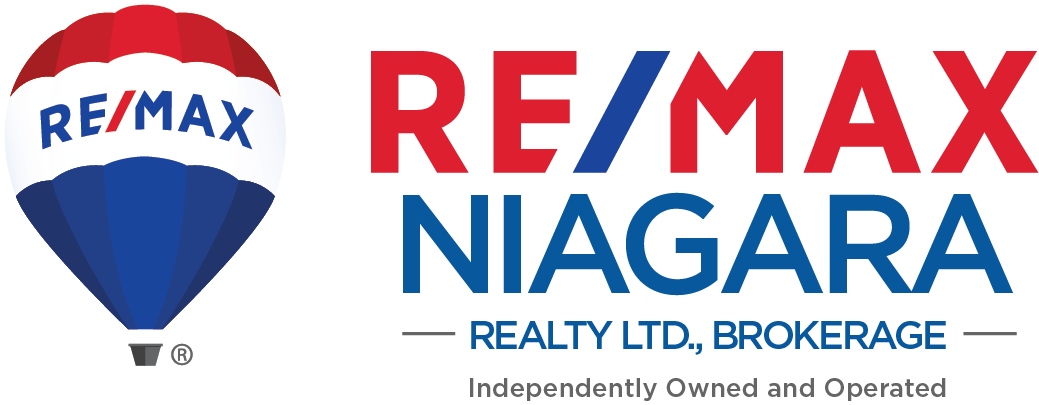BUYERS
Relocating often presents some rather unique challenges. I am an expert on how to make your new move as stress-free as possible. Complete the form below and I'll do my part to help make your relocation a positive and seamless experience. Please feel free to contact us for specific concerns.
Contact Us
We will get back to you as soon as possible.
Please try again later.
Common Questions:
Question 1: What price home can I afford?
As a "rule of thumb" you can afford to buy a Home Equal in price to 4 X your Gross Annual Income.
- Your income
- The amount of cash you have available for the down payment, closing costs and cash reserves required by the lender.
- Your outstanding debts
- Your credit history
- The type of mortgage you select
- Current interest rates
Lenders will analyze your income in relation to your projected cost of the home and outstanding debts. This will determine the size loan you can borrow. Your housing expense-to-income ratio is determined by calculating your projected monthly housing expense, which consists of the principal and interest payment on your loan, property taxes and hazard insurance. The sum of these costs is referred to as "PITI."
Monthly homeowner association dues, if you're purchasing a condominium or townhouse, and private mortgage insurance are added to the PITI. Your housing income-to-expense ratio should fall in the 28 to 33 percent range. 28 percent of your gross monthly income is allotted toward PITI. 33 percent of you gross monthly income is allowed for PITI and all long term debt. Some lenders will go higher under certain circumstances.. Your total income-to-debt ratio should not exceed 34 to 38 percent of your gross income.
I would be happy to arrange for you to be pre-qualified to better guide you.
Contact Us
We will get back to you as soon as possible.
Please try again later.
Question 2: How do I find out about the condition of the home I'm considering?
First and foremost it is strongly recommended that you hire a professional person to inspect the home. Many inspectors belong to the American Society of Home Inspectors (ASHI). They attend seminars and stay abreast of the latest developments.
Secondly some states require sellers to complete a disclosure form revealing everything known about their property. Home sellers are required to indicate any significant defects or malfunctions existing in the home's major systems. A checklist specifies interior and exterior walls, ceilings, roof, insulation, windows, fences, driveway, sidewalks, floors, doors, foundation, as well as the electrical and plumbing systems.
The form also asks sellers to note the presence of environmental hazards, walls or fences shared with adjoining landowners, any encroachment of easements, room additions or repairs made without the necessary permits or not in compliance with building codes, zoning violations, citations against the property and lawsuits against the seller affecting the property.
Also look for settling, sliding or soil problems, flooding or drainage problems.
People buying a condominium must be told about covenants, codes and restrictions or other deed restrictions, if the homeowners association has any authority over the subject property and ownership of common areas with others. Be sure to ask questions about anything that remains unclear or does not seem to be properly addressed by the forms provided to you.
Question 3: How low can I consider offering?
There are always some sellers who for some reason must sell quickly, however in general, a very low offer in a normal market might be rejected immediately. In a strong buyer's market, the below-market offer will usually either be accepted or generate a counteroffer. If few offers are being made, an outright rejection of offers becomes unlikely. In a strong seller's market, offers are often higher than full price. While it is true that offers at or above full price are more likely to be accepted by the seller, there are other considerations involved:
1. Is the offer contingent upon anything, such as the sale of the buyer's current house? If so, such an offer, even at full price, may not be as attractive as an offer without that condition.
2. Is the offer made on the house "as is," or does the buyer want the seller to make some repairs before the close of escrow or make a price concession instead?
3. Is the offer all cash, meaning the buyer has waived the financing contingency? If so, then an offer at less than the asking price may be more attractive to the seller than a full-price offer with a financing contingency.
4. Are there any requests for seller concessions, such as asking the seller to contribute towards points and/or closing costs? If so, the offer is not really full price.
Question 4: How and what do I negotiate?
Different sellers price houses very differently. Some deliberately overprice, others ask for pretty close to what they hope to get and a few (maybe the cleverest) underprice their houses in the hope that potential buyers will compete and overbid. A seller's advertised price should be treated only as a rough estimate of what they would like to receive.
If possible try to learn about the seller's motivation. For example, a lower price with a speedy escrow may be more acceptable to someone who must move quickly due to a job transfer. People going through a divorce or are eager to move into another home are frequently more receptive to lower offers.
Some buyers believe in making deliberate low-ball offers. While any offer can be presented to the seller, a low-ball offer often sours a prospective sale and discourages the seller from negotiating at all. And unless the house is extremely overpriced, the offer probably will be rejected anyway.
Before making an offer, also investigate how much comparable homes have sold for in the area so that you can determine whether the home is priced right.
Question 5: What is title insurance?
Title insurance is a form of insurance in favor of an owner, lessee, mortgage or other holder of an estate lien, or other interest in real property. It indemnifies against loss up to the face amount of the policy, suffered by reason of title being vested otherwise than as stated, or because of defects in the title, liens and encumbrances not set forth or otherwise specifically excluded in the policy, whether or not in the public land records, and other matters included within the policy form, such as lack of access to the property, loss due to unmarketability of title, etc. The title policy form sets forth the specific risks insured against. Additional coverage of related risks may also be added by endorsements to the policy or by the inclusion of additional affirmation insurance to modify or supersede the impact of certain exceptions, exclusions or printed policy "conditions." The policy also protects the insured for liability on various warranties of title.
In addition, the policy provides protection in an unlimited amount against costs and expenses incurred in defending the insured estate or interest.
Before it issues a title policy, the title insurance company performs, or has performed for it, an extensive search, examination and interpretation of the legal effect of all relevant public records to determine the existence of possible rights, claims, liens or encumbrance that affect the property.
However, even the most comprehensive title examination, made by the most highly skilled attorney or lay expert, can not protect against all title defects and claims. These are commonly referred to as the "hidden risks." The most common examples of these hidden risks are fraud, forgery, alteration of documents, impersonation, secret marital status, incapacity of parties (whether they be individuals, corporations, trusts or any other type), and inadequate or lack of powers of REALTORS® or fiduciaries. Some other hidden risks include various laws and regulations that create or permit interests, claims and liens without requiring that they first be filed or recorded in some form so that the potential buyers and lenders can find them before parting with their money.
Since the cost for home owner's title insurance is usually sharply reduced when taken simultaneously with the issuance of a purchase money mortgage, the risk is one that a well informed buyer should not take. In fact, several states have adopted statutory requirements which require a notice to home buyers as to the availability of title insurance similar to that being obtained by their purchase money mortgages.
Question 6: What steps should I take when looking for a home loan?
It is strongly recommended that home buyers are prequalified or pre-approved for a loan as their first step in the process. By being prequalified, a buyer knows exactly how much house they can afford. They can make more informed decisions in the market place. This does not mean they will definitely get the loan because their credit reports, wages and bank statements still need to be verified before you can receive a commitment from the lender for the loan.
Almost all mortgage lenders prequalify people at no charge. Many of them will even do it on the internet. In order to be pre-approved, an application will be taken. For a fee, your credit report will be pulled, your employment and income will be verified, your checking and savings accounts will also be verified. In other words, all the necessary documentation will be completed in order for you to obtain a loan. The only things remaining will be for you to find a home, obtain an appraisal on it to prove its value to the bank and perform whatever inspections you may want on the property. This process considerably shortens the time frame to closing.
About The Cupolo Crew
Our Team consists of Jay Cupolo and Joseph Cupolo. Our clients are too important to be passed on to an underling or assistant. When you call The Cupolo Crew, you will only deal with Jay & Joseph.

Communities
Information Deemed Reliable, but Not Guaranteed. The property information being provided is for consumers’ personal, non-commercial use and may not be used for any purpose other than to identify prospective properties consumers
The trademarks MLS®, REALTOR®, Multiple Listing Service® and the associated logos are owned by The Canadian Real Estate Association (CREA) and identify the quality of services provided by real estate professionals who are members of CREA. Used under licence.
This REALTOR.ca listing content is owned and licensed by REALTOR® members of The Canadian Real Estate Association.
© Copyright 2022 - The Cupolo Crew
